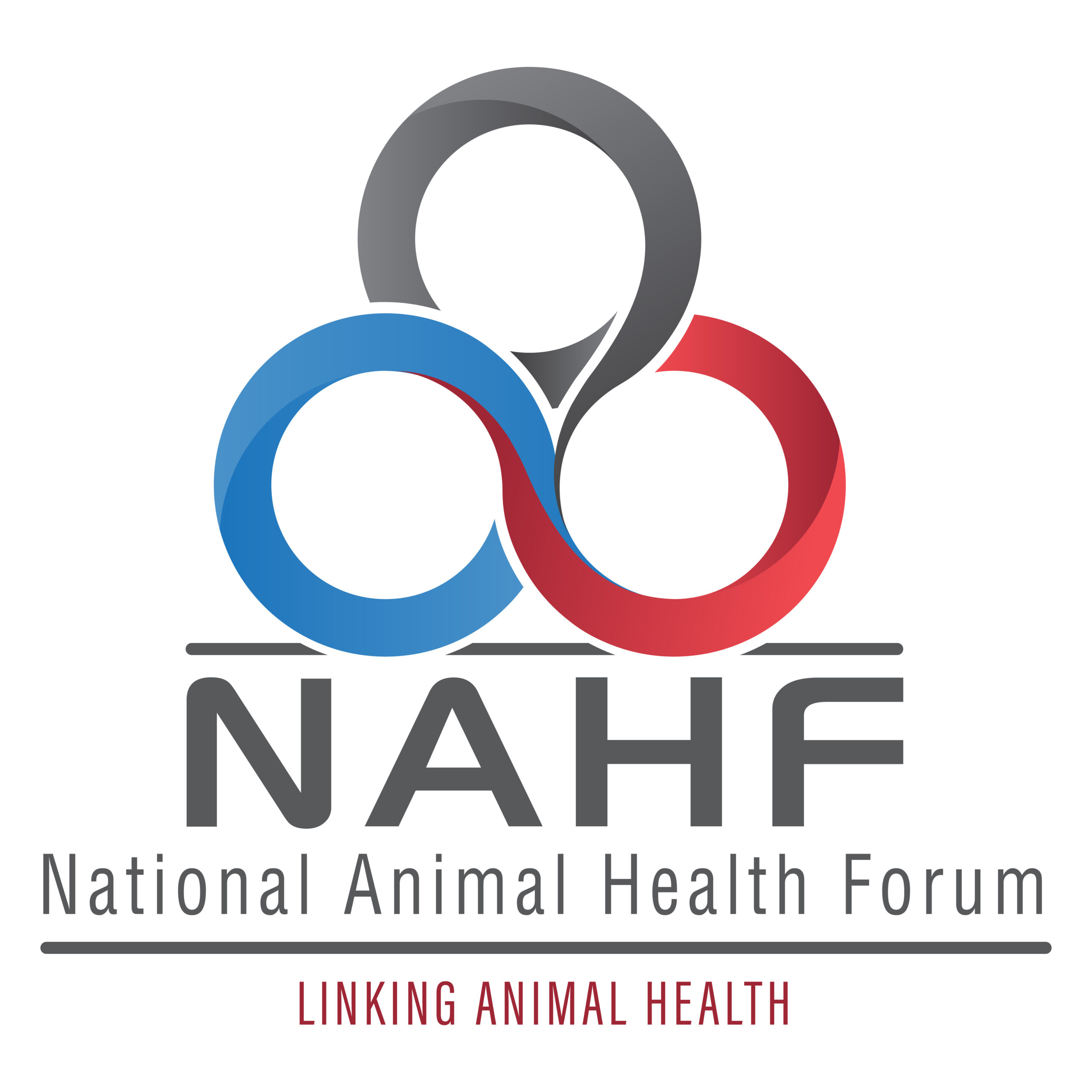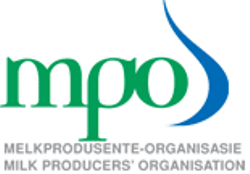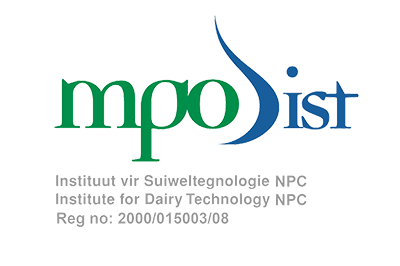The MPO Dairy Qualification covers all aspects of dairy farming throughout its 13 modules. Each module has a knowledge (theory), practical skills, and workplace experience component. The qualification consists of three different levels with the required modules:
- Dairy farmworker (Module 1–6, 8)
- Dairy farm supervisor (Module 1–8)
- Dairy farm unit manager (Module 9–13)
The modules can also be presented separately and each module completed will be recognised. The qualification as a dairy farmer can only be obtained once the learner has completed both the dairy supervisor and manager levels.
Foundational learning competence is a prerequisite and the qualification can also be attained in part through recognition of prior learning (RPL). This includes the assessment of previous learning interventions and work experience followed by an external integrated summative assessment (EISA).
Module 1: South African dairy farming environment
VIEW PAGE 12 OF THE TRAINING PROSPECTUS HERE
- Introduction to the South African dairy industry
- Dairy breeds
- Basic dairy-farming business concepts
Module 2: Dairy calf and heifer rearing, feeding, and healthcare
VIEW PAGE 12 OF THE TRAINING PROSPECTUS HERE
- Introduction to dairy calf and heifer healthcare
- Calf-rearing systems
- Hygiene and care
- Calf-feeding concepts
- Awareness of dairy calf diseases
- Calf and heifer care and production concepts
Module 3: Dairy animal healthcare
VIEW PAGE 13 OF THE TRAINING PROSPECTUS HERE
- Diagrammatic illustrations and basic functions of the anatomical systems
- General dairy livestock health
- Awareness of the causes of disease in dairy animals
- Health assessment
- Parasites and basic life cycles
- Farm biosecurity and risk prevention (including zoonotic diseases)
Module 4: Dairy animal production
VIEW PAGE 14 OF THE TRAINING PROSPECTUS HERE
- Animal herding and handling practices
- Dairy animal breeding concepts
- Water supply systems on dairy farms
- Fencing on a dairy farm
Module 5: Dairy livestock feeding
VIEW PAGE 15 OF THE TRAINING PROSPECTUS HERE
- Dairy feed types and feeding practices
- Feeding of heifers
- Feeding of cows in milk
- Feeding of dry cows
- Feeding facilities and equipment
Module 6: Milk harvesting and in-parlour processing
VIEW PAGE 16 OF THE TRAINING PROSPECTUS HERE
- Milk-harvesting facilities
- Udder health
- The milk-harvesting process
- Dairy parlour equipment and systems
- Dairy parlour hygiene
- Essential production records
- Composition of milk and quality indicators
- In-parlour processing and quality control concepts
Module 8: Code of Practice for milk producers
Legenda(i)ry board game
Farmworker module
VIEW PAGE 19 OF THE TRAINING PROSPECTUS HERE
This is a board game for milk producers that will assist to ensure food safety, maintain the integrity of suppliers’ milk, and manage the supply chain effectively. This cutting-edge training experience for farmworkers will boost participation while compelling employees to prove their value and knowledge.
- Introduction to Code of Practice for milk producers
- Structural requirements and machine maintenance
- Good milking practices
- Animal health and welfare
- Hygiene
- Documentation
- Standards of and quality control for raw milk
Module 1: South African dairy farming environment
VIEW PAGE 12 OF THE TRAINING PROSPECTUS HERE
- Introduction to the South African dairy industry
- Dairy breeds
- Basic dairy-farming business concepts
Module 2: Dairy calf and heifer rearing, feeding, and healthcare
VIEW PAGE 12 OF THE TRAINING PROSPECTUS HERE
- Introduction to dairy calf and heifer health care
- Calf-rearing systems
- Hygiene and care
- Calf-feeding concepts
- Awareness of dairy calf diseases
- Calf and heifer care and production concepts
Module 3: Dairy animal healthcare
VIEW PAGE 13 OF THE TRAINING PROSPECTUS HERE
- Diagrammatic illustrations and basic functions of the anatomical systems
- General dairy livestock health
- Awareness of the causes of disease in dairy animals
- Health assessment
- Parasites and basic life cycles
- Farm biosecurity and risk prevention (including zoonotic diseases)
Module 4: Dairy animal production
VIEW PAGE 14 OF THE TRAINING PROSPECTUS HERE
- Animal herding and handling practices
- Dairy animal breeding concepts
- Water supply systems on dairy farms
- Fencing on a dairy farm
Module 5: Dairy livestock feeding
VIEW PAGE 15 OF THE TRAINING PROSPECTUS HERE
- Dairy feed types and feeding practices
- Feeding of heifers
- Feeding of cows in milk
- Feeding of dry cows
- Feeding facilities and equipment
Module 6: Milk harvesting and in-parlour processing
VIEW PAGE 16 OF THE TRAINING PROSPECTUS HERE
- Milk-harvesting facilities
- Udder health
- The milk-harvesting process
- Dairy parlour equipment and systems
- Dairy parlour hygiene
- Essential production records
- Composition of milk and quality indicators
- In-parlour processing and quality control concepts
Module 7: Team leadership
VIEW PAGE 17 OF THE TRAINING PROSPECTUS HERE
- Introductory thoughts on supervision
- Performance standards
- Motivation and team leadership
- Interpersonal relations
- First-line discipline
- Work efficiency and effectiveness
Module 8: Code of Practice for milk producers
Supervisor module
VIEW PAGE 18 OF THE TRAINING PROSPECTUS HERE
- Introduction to Code of Practice for milk producers
- Structural requirements and machine maintenance
- Good milking practices
- Animal health and welfare
- Hygiene
- Documentation
- Standards of and quality control for raw milk
Module 9: Dairy production management
VIEW PAGE 20 OF THE TRAINING PROSPECTUS HERE
- Dairy farm design concepts
- Dairy animal breeding
- Dairy animal nutrition
- Dairy animal health management
Module 10: Farm business management
VIEW PAGE 21 OF THE TRAINING PROSPECTUS HERE
- Farm business management
- Farm labour management
- Financial and stock management
- Natural resource management
- Introductory overview of dairy farming-related legislation
Module 11: Pasture management
VIEW PAGE 22 OF THE TRAINING PROSPECTUS HERE
- Introduction to the concepts of cultivated pastures on South African dairy farms
- Farm planning
- Pastures and fodder flow
- Principles of grazing management
- Nutritional value of green pastures
- Health risks of dairy cattle on pastures
Module 12: Reproduction management
VIEW PAGE 23 OF THE TRAINING PROSPECTUS HERE
- Introductory concepts of reproduction on South African dairy farms
- Anatomy of the bovine reproductive system
- Basic reproductive physiology
- The production cycle of female and male dairy animals
- Bovine reproductive diseases and syndromes
- Reproduction management
Module 13: Biosecurity management
VIEW PAGE 25 OF THE TRAINING PROSPECTUS HERE
- The state of biosecurity in South Africa
- Risks associated with dairy and the cost of disease
- Basics of biosecurity with regard to the animals, people, and programmes
- Assessment of biosecurity status
- Development of a biosecurity plan










